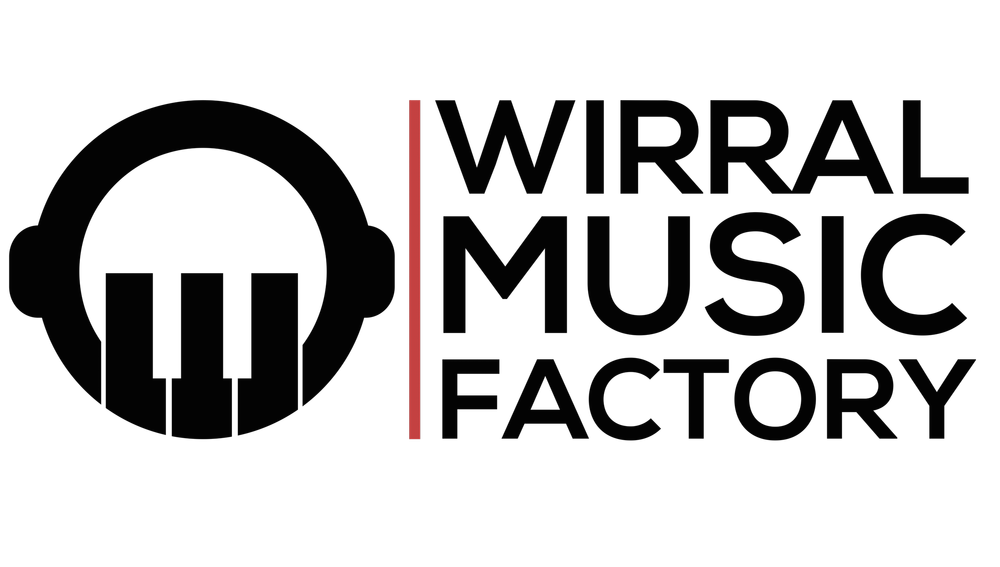Learning a musical instrument is a rewarding and enjoyable experience, but it can also be challenging and frustrating at times. To get the most out of your practice and make the most progress, it's important to approach learning with the right mindset. In this blog post, we'll explore the best mental approach to learning an instrument.
Read More5 important things to think about when choosing a drum tutor for drum lessons
Learning to play the drums can be an exciting and fulfilling experience, but it's important to find the right drum tutor to help you achieve your goals. With so many options available, it can be challenging to determine the right fit for you. Here are the five most important things to think about when finding a drum tutor:
Read More"Muscle Memory": What is it? How can I use it to help me learn my instrument?
Muscle memory, also known as motor memory, refers to the process by which your brain and muscles work together to perform a specific action or movement. When you first learn to play an instrument, your brain must consciously process the information and send signals to your muscles to move in a specific way. As you practice and repeat the same movements, your brain develops a "memory" of them, allowing your muscles to perform them more easily and smoothly.
In the context of learning an instrument, muscle memory is crucial for developing the dexterity and proficiency needed to play complex pieces. For example, when you first learn to play a chord on the guitar, you may need to think about each finger placement individually. But as you practice, your fingers will begin to move to the correct positions automatically without you having to think about it. Learning to play a para-diddle on the drum kit at first is hard. Taking the time to learn which hand plays when takes time and repetition. Likewise, when learning a major scale on the piano, knowing the correct order
Read More